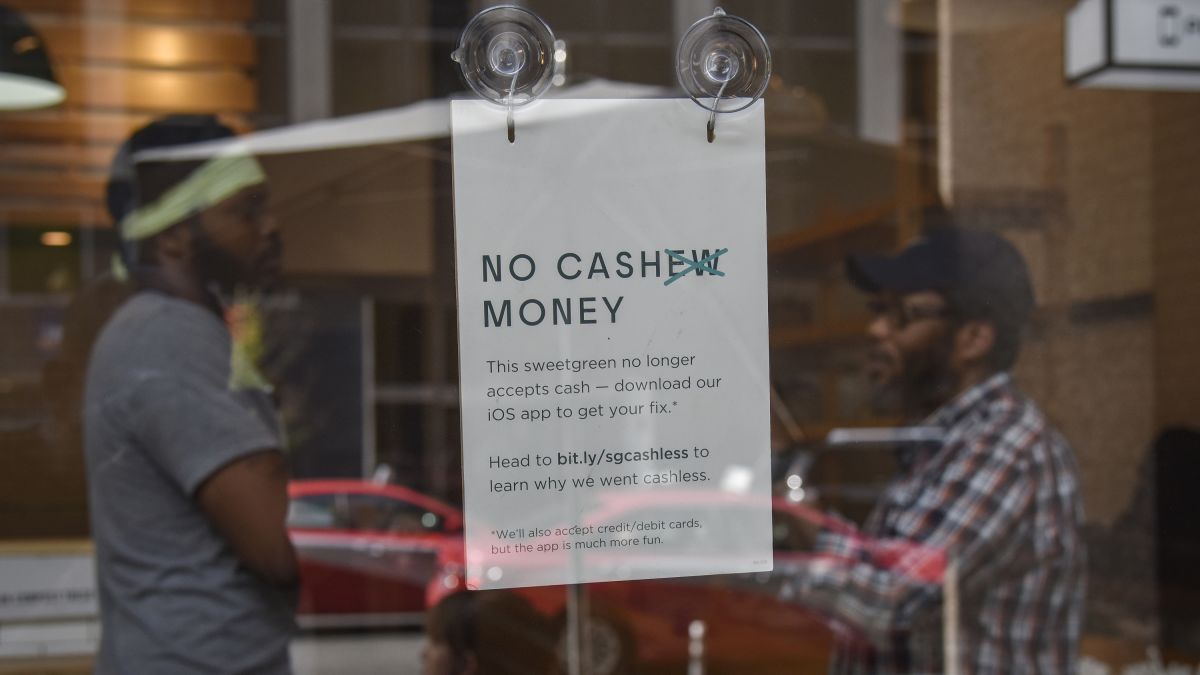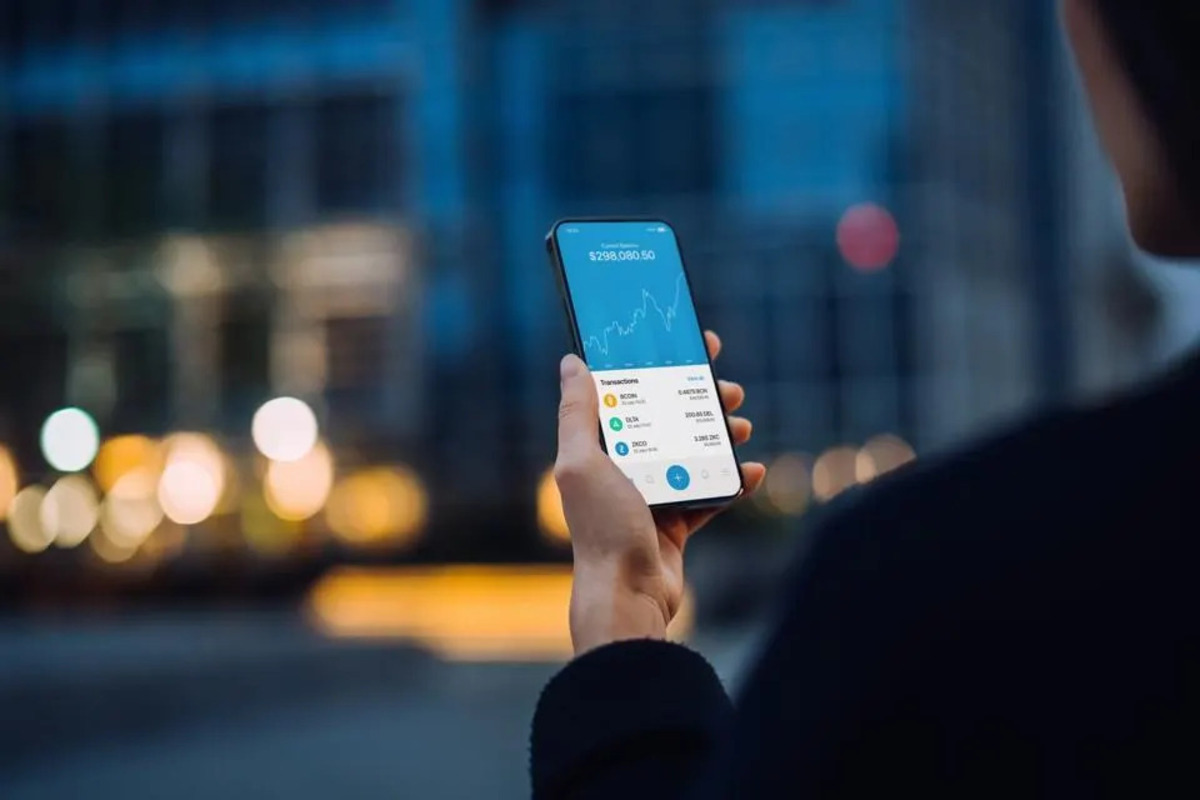X, formerly known as Twitter, has recently updated its privacy policy to include the collection of users’ biometric data, as well as their job and education history. The policy change is set to take effect on September 29 and has sparked concerns over privacy and data security.
New Changes in Privacy Policy
According to Bloomberg, X’s revised privacy policy states that with user consent, the platform may collect and use biometric information for safety, security, and identification purposes. While the company has not specified what exactly constitutes biometric information, it typically refers to physical characteristics like fingerprints or facial features. The policy does not provide any details on how X plans to collect this data.
Key Takeaway
X, previously known as Twitter, is updating its privacy policy to collect users’ biometric data, job history, and education history. The move is aimed at enhancing users’ safety and security, but it raises concerns about privacy and data protection.
According to X, the collection of biometric data is targeted towards premium users who will have the option to submit their government ID and image for verification purposes. Bloomberg reports that X may extract biometric data from both the ID and image to match identities. The company claims that this additional layer of verification will help fight impersonation attempts and improve platform security.
There is speculation that X intends to use users’ biometric data to enable passwordless sign-ins. Developer Steve Moser suggests that the social network is working on implementing passkeys, which utilize biometric authentication methods already available on users’ devices to confirm their identities.
Potential Privacy Concerns
This policy update follows a proposed class-action lawsuit against X, alleging that the company wrongfully collected and used Illinois residents’ biometric data, including facial scans, without proper consent. The lawsuit claims that X did not adequately inform individuals that it collects and stores biometric identifiers from every photograph containing a face.
In addition to the biometric data collection, X’s updated policy reveals that the platform will now also store users’ employment and education history. The collected personal information may be used to recommend potential jobs, share with prospective employers, enable employers to find suitable candidates, and display more relevant advertisements.
This move seems connected to X’s beta feature, which allows verified organizations to post job listings on their profiles. As part of Musk’s plan to turn X into an “everything app,” the company has even created an official @XHiring account for job-related updates.
Despite these changes, X has not responded to TechCrunch’s request for comment on the matter.

























